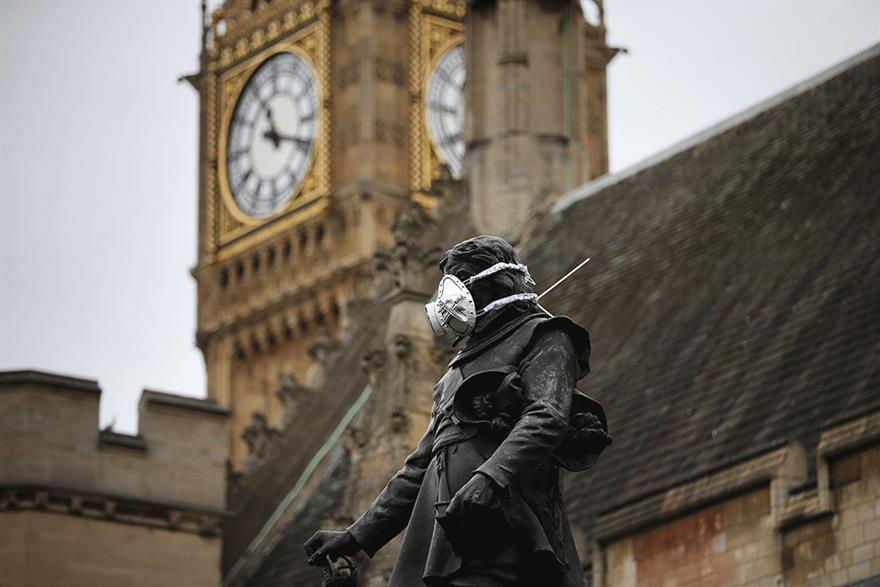TramForward calls on Government to adopt WHO pollution targets

Following the passing of the Environment Act last year, the UK Government has launched a consultation on a number of environmental targets including two air pollution targets aimed at reducing the levels of particulate matter in the atmosphere, especially the most damaging PM2.5 microparticulate matter.
During the passage of the Bill through Parliament, the Light Rail Transit Association amongst other groups argued that World Health Organisation (WHO) targets for PM2.5 and PM10 should be written into the Act. This was not accepted by the Government, which promised legally-binding limits at a later date. This consultation represents the first stage in this process.
Particulates, especially PM2.5s are a well documented risk to public health, particularly in the elderly, the young and those with existing health conditions.
Transport, particularly vehicles powered by fossil fuels and/or using rubber tyres, are major contributors to this type of pollution. The LRTA has consistently argued, alongside other environmental groups, for greater investment in public transport and especially light rail which does not produce these dangerous and damaging emissions and is proven to bring about significant modal shift from private cars..
The Government’s proposed target will not come into full affect until 2040 and , even then, will not meet the internationally accepted WHO target of 5μg/m3. Instead, it suggests a target of 10μg/m3, alongside a 35% reduction in exposure to the population by particulate matter over the same period.
A 1μg/m3 reduction, it is claimed, could prevent an estimated 50,000 cases of coronary heart disease, 16,000 strokes, 9,000 cases of asthma and 4,000 cases of lung cancer over this 18-year period.
Jim Harkins, Chair of the LRTA Campaigns Group, said “the lack of urgency in dealing with this highly toxic pollution from vehicle emissions exposes the Government’s current air quality policies as totally inadequate”.
While recognition of the dangers of particulate matter is welcomed, the LRTA believes the proposed targets are a case of too little, too late.


